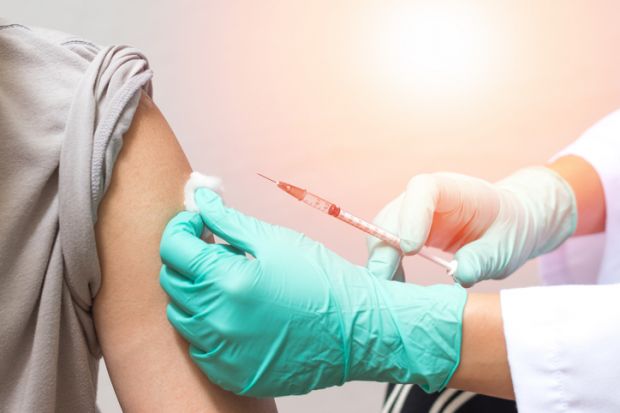With university campuses empty and research laboratories closed, the coronavirus has delivered an unprecedented jolt to UK higher education.
Sadly, the disruption caused by this horrible deadly virus will continue to afflict institutions for months, even years, to come.
Most institutions have already transformed their teaching models, becoming distance learning providers practically overnight. Many are considering how to integrate this type of learning into their post-pandemic pedagogy by offering more blended courses or putting tutors’ office hours online.
Research funding, too, is likely to see sweeping changes as funding bodies and medical research charities either divert monies to coronavirus research or scale back new projects following a collapse in donations. Philanthropists are unlikely to bankroll anything that isn’t connected to the pandemic any time soon, while industry-sponsored research is also expected to fall.
Moreover, with international recruitment likely to dip and domestic recruitment on a knife-edge without the affirmative experience that applicants can only really get from a campus visit, the future is worrying.
But there is hope. Amid the turbulence that higher education is facing, the sector may finally be able to prove its worth to the public – a task it has sometimes struggled to achieve.
Despite many coordinated PR offensives, a glut of negative press has sadly defined universities in some minds. Whether it was controversies over vice-chancellors’ pay, conditional unconditional offers or “snowflake” students no-platforming Tory politicians, higher education has taken a sustained knocking from some of the nation’s most well-read media outlets.
Even well-executed lobbying efforts, such as Universities UK’s Made at Uni campaign, have struggled to shift the idea that universities were outdated and in need of reform.
That lingering narrative around universities has, however, been blown out of the water by the coronavirus.
From donating supplies of personal protective equipment to the NHS, producing sanitising gel in campus laboratories and fast-tracking nursing and medical students into frontline positions, through to providing expert scientific guidance to the government and, ultimately, developing a vaccine, in the current crisis universities have leapt into action.
The news that the University of Oxford had swiftly created a consortium spanning academia and bioprocessing companies, including three firms based in Portsmouth, Oxford and at my own institution, Keele University, made global headlines last week.
That news also came alongside the announcement of a new vaccine task force to combat the coronavirus, which includes representatives from academia, and followed the awarding of coronavirus research grants to multiple other universities including Glasgow, Manchester, Southampton, Exeter and Bristol.
Our universities are responding to the coronavirus pandemic in the way that anybody who works in the sector would have always expected. They are doing what they do best – creating solutions to both local and global problems – but this time the press are willingly covering them, and as such swathes of people who were previously largely disconnected from higher education are finally able to understand just what professors do and why we are lucky to have them.
With most student recruitment decisions now being made via digital engagement alone, translating what a university does and what it stands for can be valuable tools in what are choppy waters.
Whether it’s creating gel in a lab for a single hospital or helping to create a vaccine that will be used by millions, almost all universities will have a coronavirus story to tell that demonstrates not only the longed-for “impact” but also something much bigger, that of a moral, principled and dynamic institution that cares about its community and wants to make things better.
There’s no need for fancy photoshoots or clever copy this month. These are stories that are helping people right here and right now, stories that all groups of society can easily understand and appreciate instead of just those in the higher education echo chamber.
Let this be a clarion call for communicators across the sector. Shout your stories from the rooftops, run them in your ads – there’s never been a better way to show why universities matter.
Russell Reader is associate director of strategic communications at Keele University.
Register to continue
Why register?
- Registration is free and only takes a moment
- Once registered, you can read 3 articles a month
- Sign up for our newsletter
Subscribe
Or subscribe for unlimited access to:
- Unlimited access to news, views, insights & reviews
- Digital editions
- Digital access to THE’s university and college rankings analysis
Already registered or a current subscriber? Login






